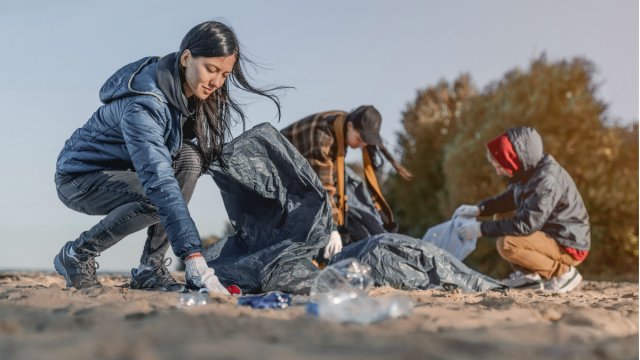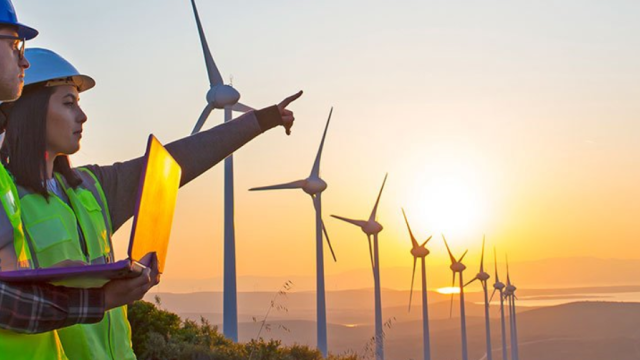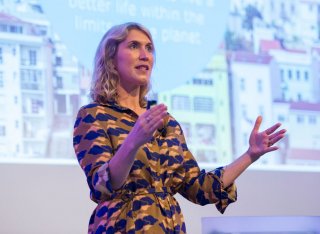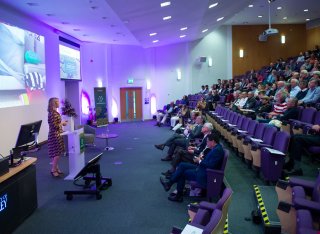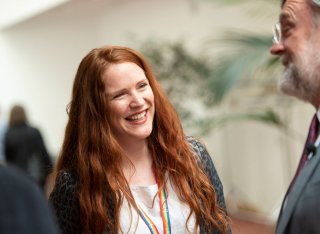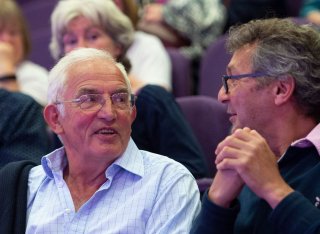Centre for Environment and Sustainability
We are an internationally-acclaimed centre of excellence on sustainable development. We provide a friendly and supportive environment in which innovative thought and creativity are strongly encouraged and our internationally and culturally diverse group of students and staff can flourish.
Latest news
What we offer
Our research uses interdisciplinary approaches to the analysis of complex systems, integrating the engineering and science-based disciplines with insights from the economic and social sciences. From this we develop action-oriented, policy relevant responses to long-term environmental and social issues.
Work with us
Our staff members
Dr Zoe Harris
Head of the Centre
Events
Roland Clift lecture series
Every year we run our Roland Clift lecture series presented by a different speaker. Joanna Yarrow from the IKEA Group presented the latest lecture to talk about inspiring and enabling a billion people to live better lives within the planet’s limits.
Find out more about the lecture series.
Stay connected
Latest tweets
@CES_Surrey



Latest blog posts
How do we govern climate action?: the case of Surrey – improvisatory and compensatory governance for Net Zero
Ian Christie and Erica Russell 13th November 2023 How should we govern the complex and urgent task of...
Review of “The business of less: The role of companies and households on a planet in peril” by Roland Geyer (Routledge: London, 2022)
Roland Geyer’s new book The Business of Less starts with a vivid vignette – taking us back to 1991...


